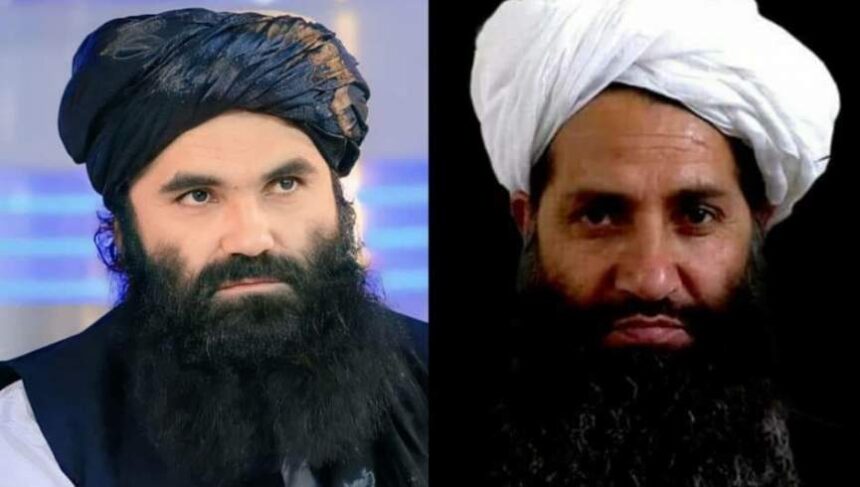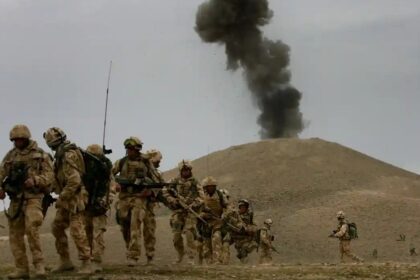RASC News Agency: Internal divisions within the Taliban are intensifying, with reports emerging that the Haqqani Network attempted to stage a coup against the group’s reclusive leader, Mullah Hibatullah Akhundzada. According to Abolfazl Zohrevand, former ambassador of the Islamic Republic of Iran to Afghanistan, tensions between the Haqqani faction and Hibatullah’s Kandahari leadership have escalated into open confrontations, exposing the deep fractures within the regime. In an interview with Taheriyeh Press Network, Zohrevand revealed that the Haqqanis had planned to overthrow Mullah Hibatullah but had thus far failed in their attempt. He described the Taliban as an unstable and divided movement, where internal power struggles are escalating daily.
He also confirmed reports of a violent clash between Taliban Prime Minister Mullah Hassan Akhund and Mullah Abdul Ghani Baradar, which resulted in 13 Taliban fighters being killed or wounded, with Mullah Baradar himself suffering injuries. The former Iranian diplomat described the growing power struggle between the Kandahari Taliban and the Haqqani Network as an inevitable precursor to a broader internal collapse. He further stated that, under Taliban rule, Tajiks and Shiites are being systematically displaced from their homes in various parts of the country an extension of the Taliban’s long-standing ethnic and sectarian persecution. These revelations add to a series of internal Taliban disputes that have erupted into public view in recent months. Earlier this month, senior Taliban official Abbas Stanikzai openly accused Mullah Hibatullah of monopolizing power, an act of defiance that led to an order for his arrest. However, backed by the Haqqani Network, he managed to flee the country, further exposing the Taliban’s fractured leadership.
Prominent Haqqani figures, including Sirajuddin Haqqani, have repeatedly criticized Mullah Hibatullah’s leadership, accusing him of autocratic rule and ideological manipulation. Sirajuddin has previously condemned the Taliban leader for hoarding power and distorting Islamic governance to serve his own ambitions, signaling that the rift within the Taliban’s ranks is far from being resolved.






